How to Relieve Sciatica Pain Without Surgery: 5 Treatment Options
Dealing with sciatica pain? Learn what causes sciatica and the most effective non-surgical treatments to relieve nerve pain and restore mobility.
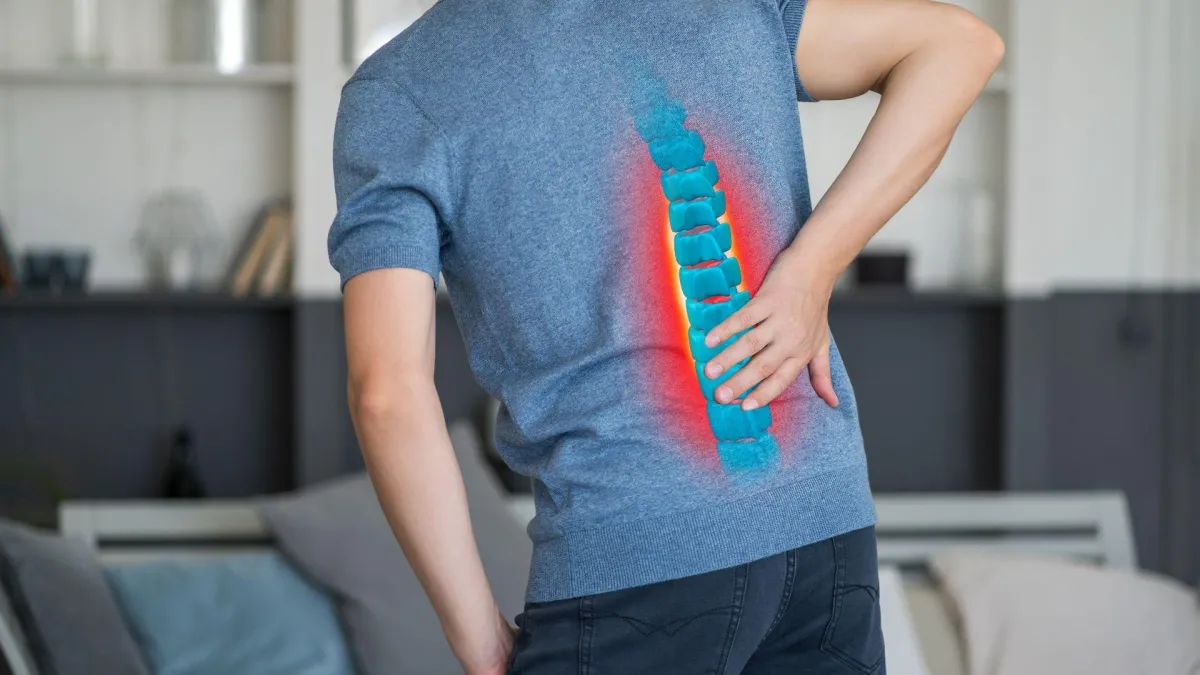
Dealing with sciatica pain? Learn what causes sciatica and the most effective non-surgical treatments to relieve nerve pain and restore mobility.
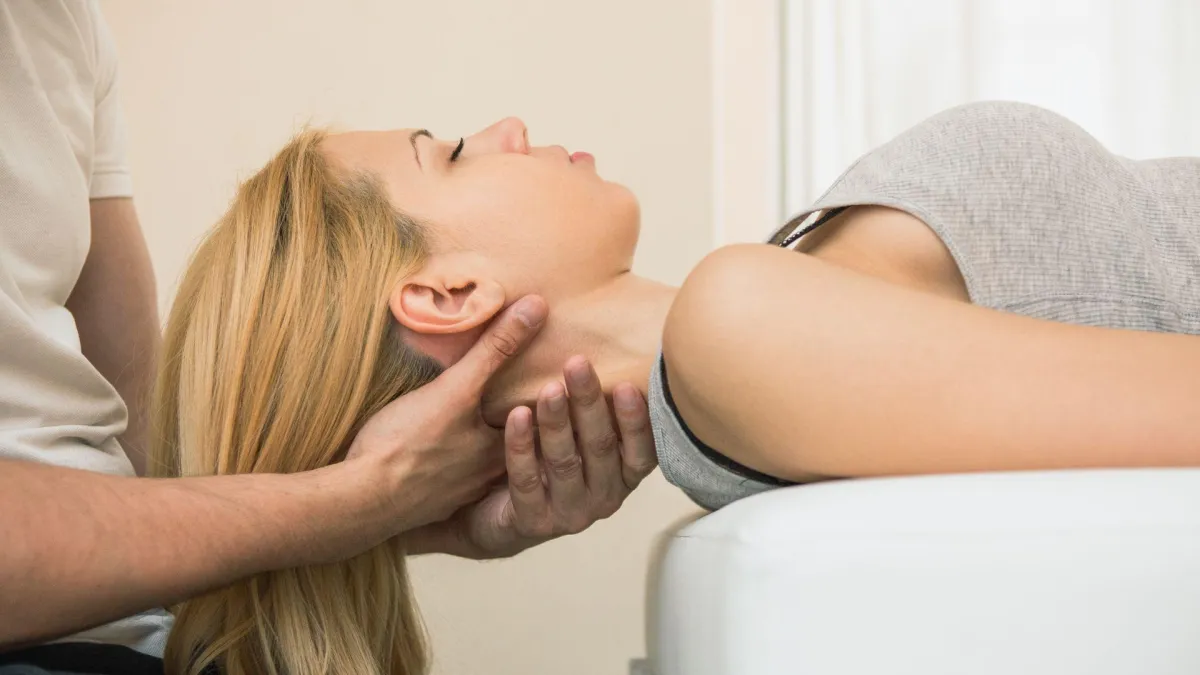
Not sure which massage is right for you? Learn the differences between Swedish, deep tissue, prenatal, and aromatherapy massage styles and their key benefits.
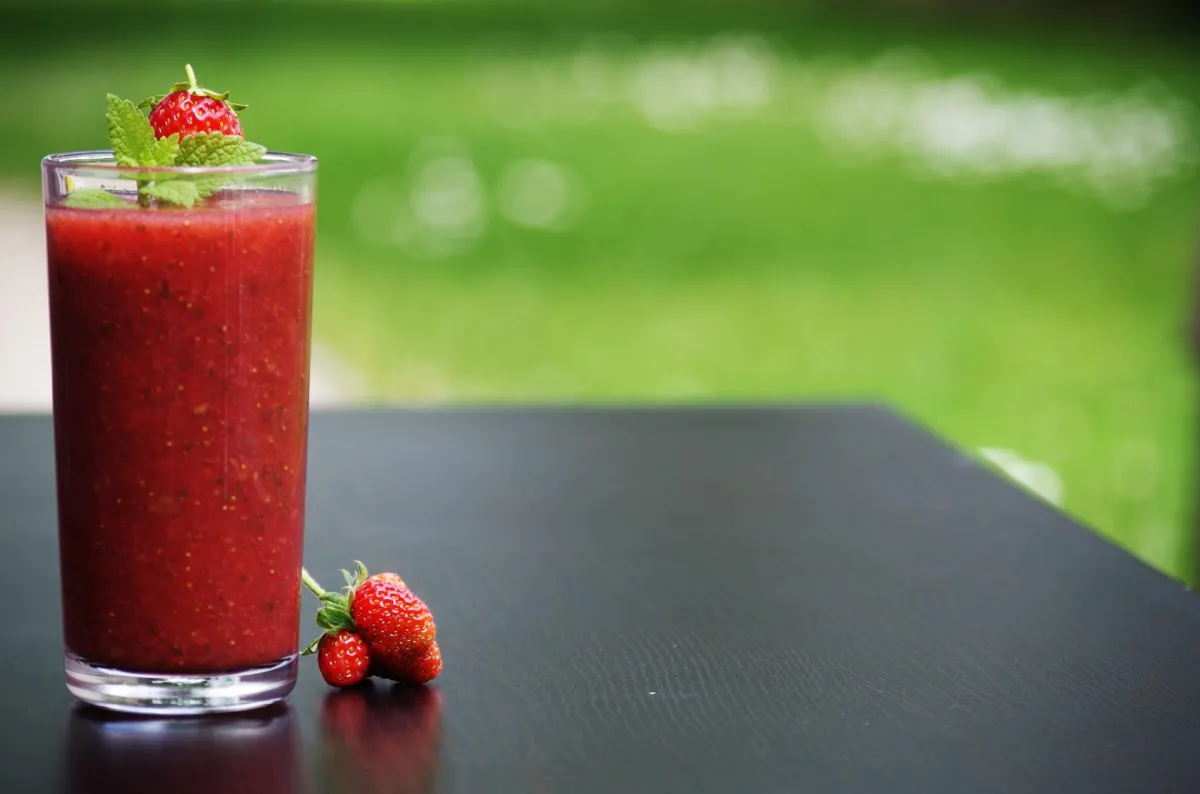
Discover how functional medicine targets root causes of weight gain, hormone imbalance, and fatigue with personalized care based on your body’s unique needs.
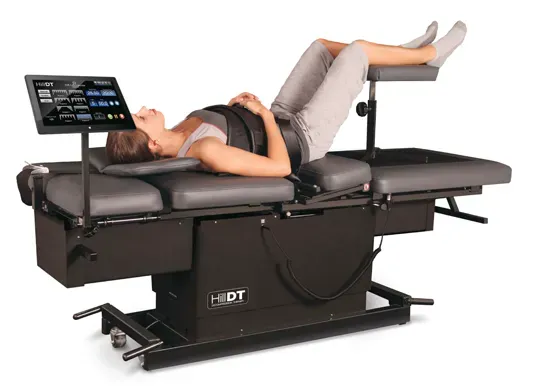
Learn how spinal decompression therapy relieves disc pain, sciatica, and herniations without surgery by creating space and promoting healing in the spine.

Can massage therapy help during cold and flu season? Learn when it helps your immune system and when it may actually make symptoms worse.
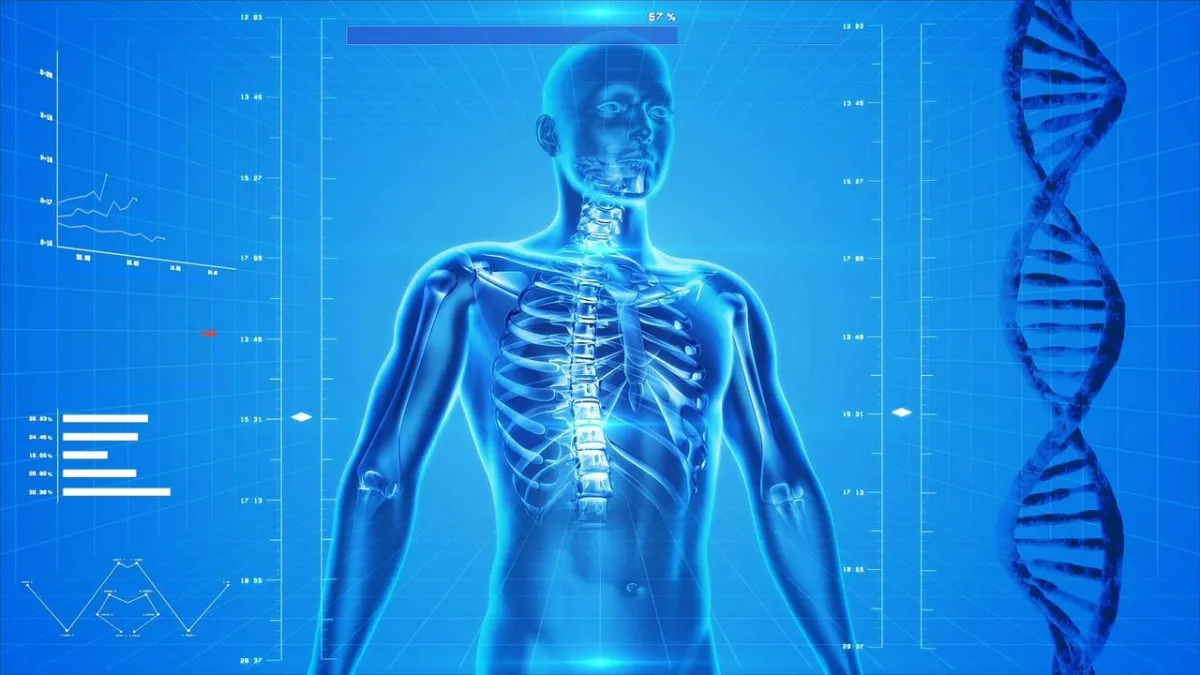
Discover the advanced chiropractic therapies that set us apart. Learn how we use the latest technology to support faster recovery and long-term relief.

BUSINESS
SERVICES
SERVICE AREAS
OPERATING HOURS
Sun: Closed
Mon: 9:00am - 5:00pm
Tue: 9:00am - 5:00pm
Wed: 9:00am - 5:00pm
Thu: 9:00am - 5:00pm
Fri: 9:00am - 5:00pm
Sat: 9:00am - 5:00pm